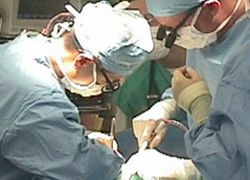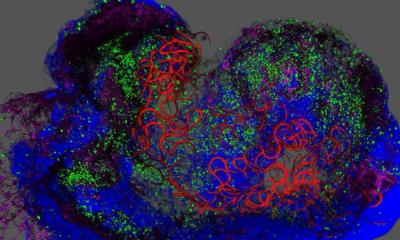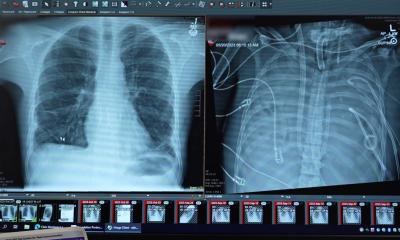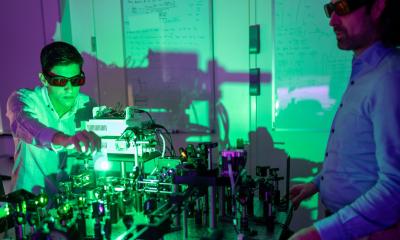Transplants
Antibodies halve rejection risk
Birmingham, UK - Giving interleukin-2 receptor antibodies to patients after a kidney transplant can halve the risk of rejection, according to a study published in the British Medical Journal (Interleukin-2 receptor monoclonal antibodies in renal transplantation: meta-analysis of randomised trials BMJ Volume 326, pp 789-91).

Consultant Nephrologist Dwomoa Adu, and a team of researchers at the Nephrology Department, Queen Elizabeth Hospital, reviewed eight trials of interleukin-2 receptor antibodies versus placebo in 1,858 patients receiving standard immunosuppressant drugs after kidney transplants.
Treatment with interleukin-2 receptor antibodies reduced the risk of acute rejection by 49% after six months. Patients receiving antibodies did not have an increased risk of infection, and there were no significant differences in the rate of graft loss or survival after one year.
Reducing the rate of acute rejection is important in kidney transplantation, as patients who have had one or more episodes of acute rejection have at least a 50% reduction in long term graft survival, say the authors. They conclude that longer follow up studies are needed to confirm whether interleukin-2 receptor antibodies improve long term graft and patient survival.
Contact: dwomoa.adu@uhb.nhs.uk
30.04.2003





